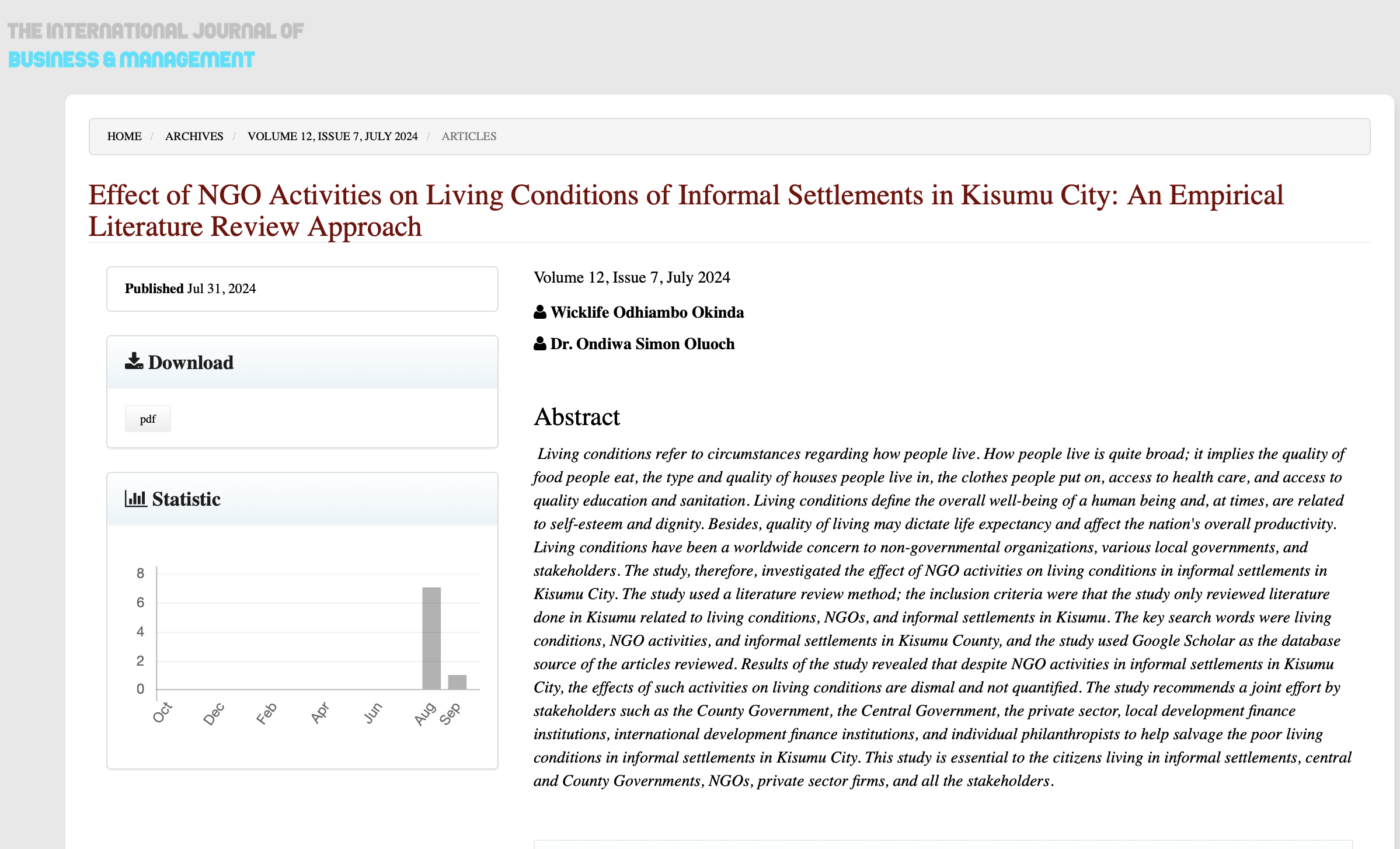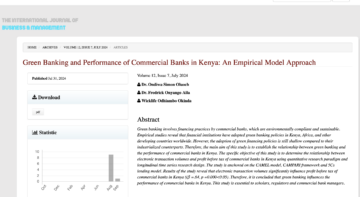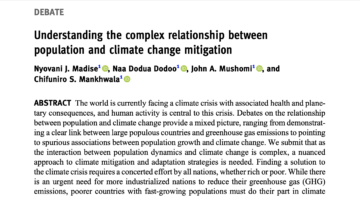
Living conditions refer to circumstances regarding how people live. How people live is quite broad; it implies the quality of food people eat, the type and quality of houses people live in, the clothes people put on, access to health care, and access to quality education and sanitation. Living conditions define the overall well-being of a human being and, at times, are related to self-esteem and dignity. Besides, quality of living may dictate life expectancy and affect the nation’s overall productivity. Living conditions have been a worldwide concern to non-governmental organizations, various local governments, and stakeholders. The study, therefore, investigated the effect of NGO activities on living conditions in informal settlements in Kisumu City. The study used a literature review method; the inclusion criteria were that the study only reviewed literature done in Kisumu related to living conditions, NGOs, and informal settlements in Kisumu. The key search words were living conditions, NGO activities, and informal settlements in Kisumu County, and the study used Google Scholar as the database source of the articles reviewed. Results of the study revealed that despite NGO activities in informal settlements in Kisumu City, the effects of such activities on living conditions are dismal and not quantified. The study recommends a joint effort by stakeholders such as the County Government, the Central Government, the private sector, local development finance institutions, international development finance institutions, and individual philanthropists to help salvage the poor living conditions in informal settlements in Kisumu City. This study is essential to the citizens living in informal settlements, central and County Governments, NGOs, private sector firms, and all the stakeholders.
Authors: Wicklife Odhiambo Okinda, Dr. Ondiwa Simon Oluoch
Access the journal article: https://www.internationaljournalcorner.com/index.php/theijbm/article/view/173789
Related Publications





